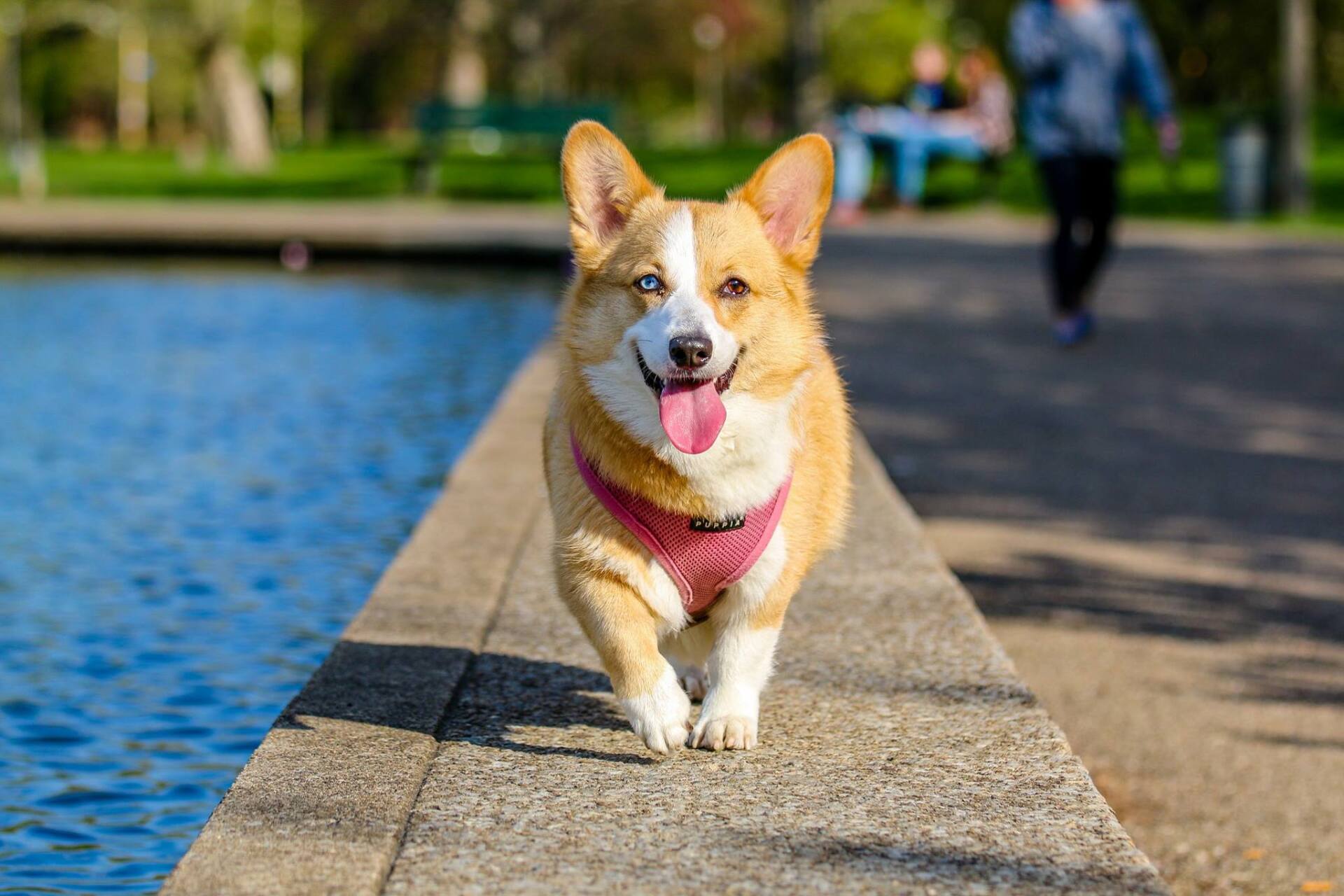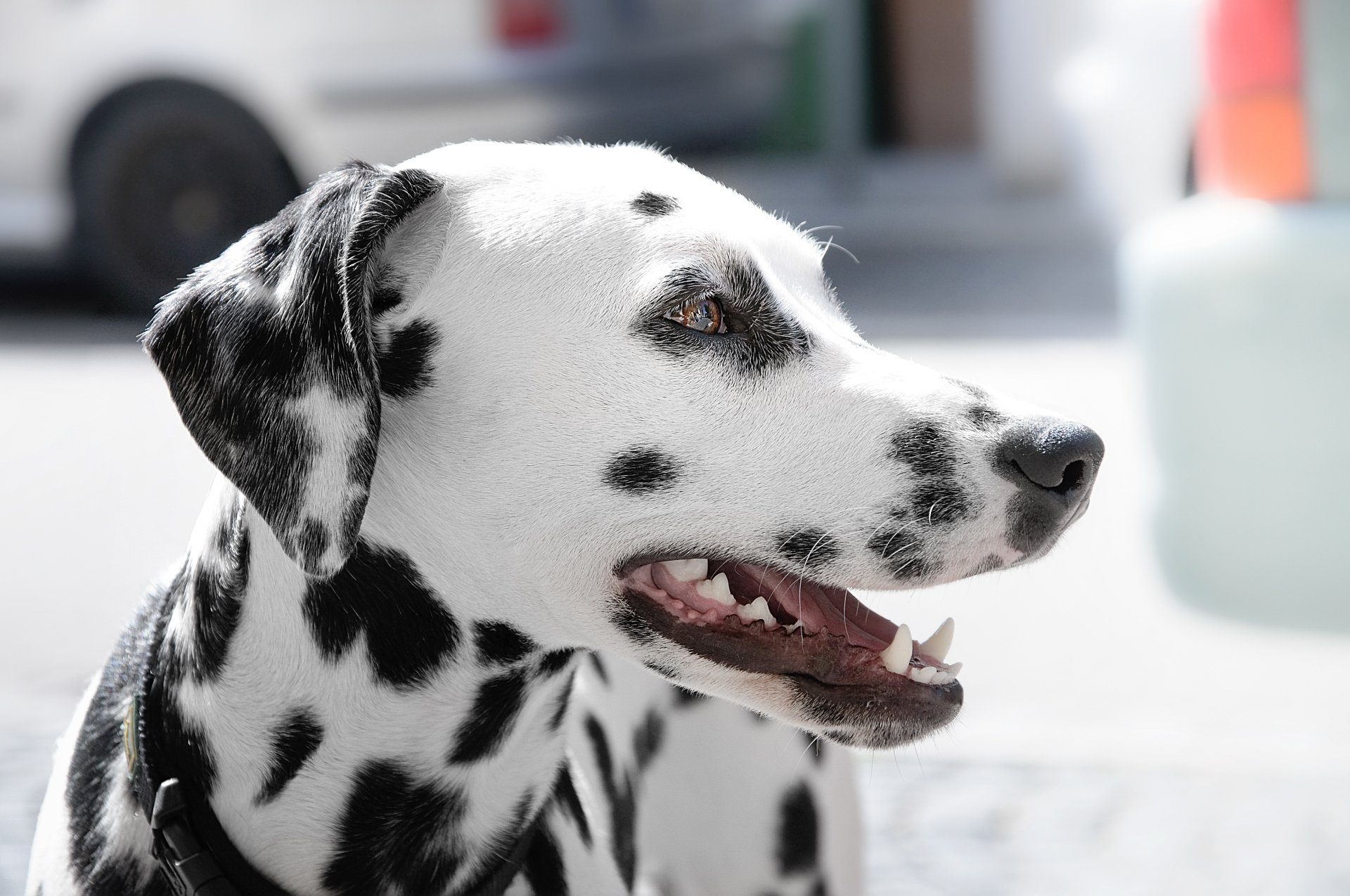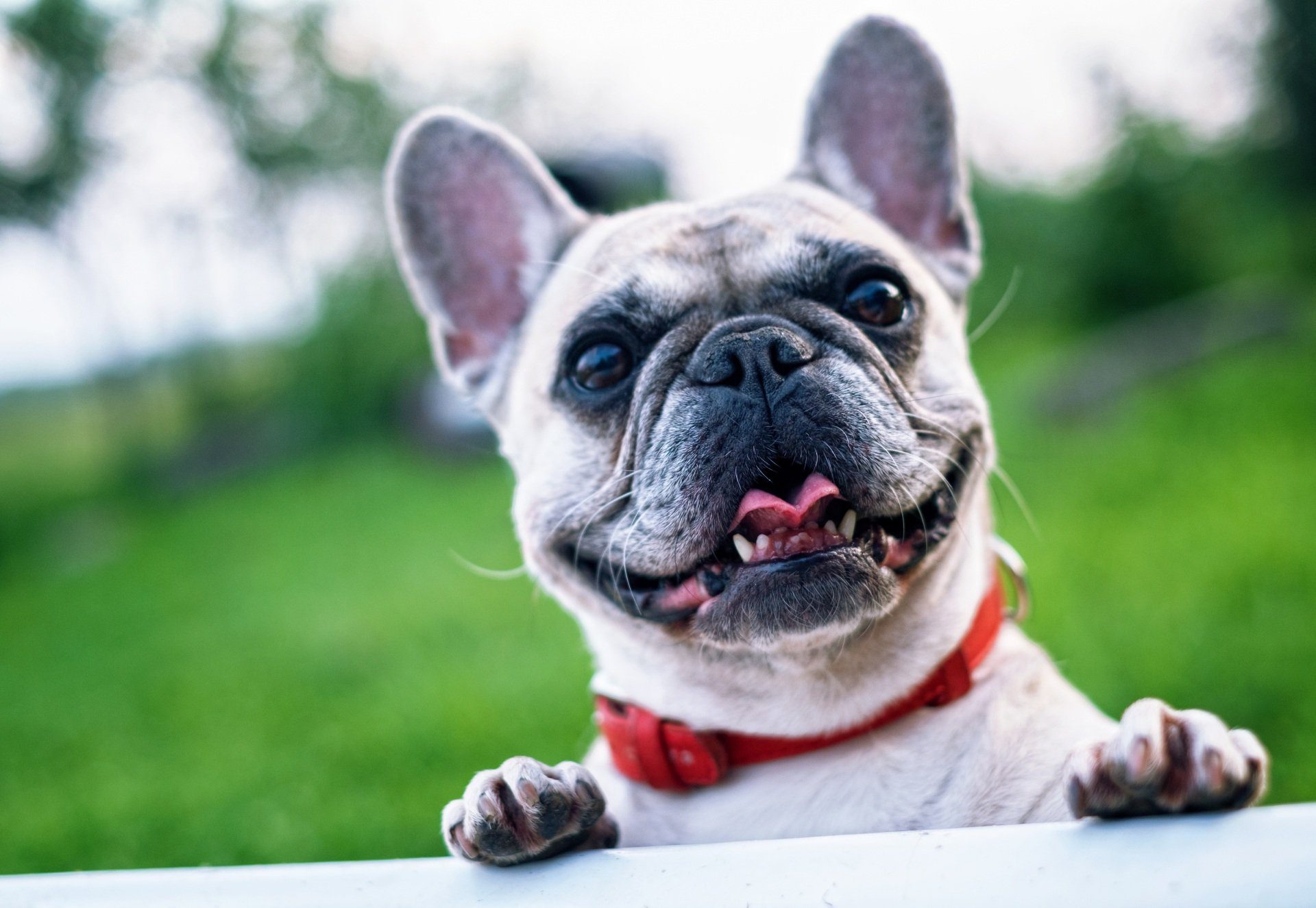Bringing a bunny into your home is an exciting adventure, but it requires more than just a comfy cage and fresh carrots. Rabbits are naturally curious and love to explore, nibble, and dig—activities that can spell trouble in an unprepared household. That’s where bunny proofing comes in. Bunny proofing is the essential process of adapting your living space to be safe for your furry friend while protecting your belongings from their playful antics. From covering electrical cords to blocking off forbidden areas, taking these precautions ensures a harmonious coexistence. In this guide, we’ll walk you through the basics of bunny proofing, offering practical tips and expert advice to create a secure environment for your pet. Whether you’re a new rabbit owner or looking to enhance your bunny’s current habitat, understanding these fundamentals is key to keeping both your bunny and your home safe and happy.
Have you been considering adopting a bunny? Rabbits are very cute and sweet little pets, and they can make wonderful animal companions. However, they do have different care needs than dogs and cats. Floppy needs to chew constantly to keep her teeth healthy. You’ll need to do quite a bit of petproofing to make your home safe for her. A Rialto, CA veterinarian offers some tips on this below.
Baseboards/Furniture legs
These items are often prime bunny targets, making bunny proofing your home a necessity. Since many are made of wood and conveniently at nibbling height for Floppy, protective coverings are a worthwhile investment. Alternatively, consider using taste deterrents to discourage chewing.
Rabbit Holes
Bunnies can fit into some very small openings. They also like to get beneath beds and sofas and nibble at the bottom upholstery. Seal off spaces below and beneath furniture and cabinets. (Tip: Plastic storage totes are a good option here, as you can also keep things in them.)
Small/Sharp Objects
Anything small or sharp is a definite hazard. This includes things like beads, buttons, sewing kit pieces, and small toys.
Plants
Toxic plants are a major concern when bunny proofing your home. Ensure only rabbit-safe plants are within reach of those adorable paws. The ASPCA provides a list of toxic and non-toxic plants, primarily for dogs and cats, but these guidelines often apply to rabbits as well. If a plant isn’t safe for your furry companions like Fido and Fluffy, it’s likely not safe for Floppy. Consult your vet to confirm which plants are safe for your rabbit.
Personal Items
Keep things like shoes, wallets, phones, and books in spots your rabbit can’t access. We also recommend keeping closet doors shut.
Carpets
Floppy sometimes likes to nibble on carpet threads. You may want to put mats down in the areas she is allowed to play in.
Wires And Cords
Electrical cords pose a significant safety risk for rabbits, making bunny proofing your home a must. Floppy could be seriously injured by chewing on a live wire, which is also a potential fire hazard. To prevent accidents, use protective casings or taste deterrents on any cords that can’t be moved out of reach.
Chemicals
Household chemicals, such as cleaning agents, paints, turpentine, bleach, and automotive products, should always be stored in cabinets your furry friend can’t get into. This applies to medication (both prescription and OTC) as well. Lawn/garden products, such as fertilizers, are also unsafe.
2025 Bunny Proofing: Managing Destructive Behaviors
What happens if rabbits consume fabric or paper?
When rabbits consume fabric or paper, they face the risk of gastrointestinal blockages, which can be life-threatening. Their digestive systems are specialized for processing high-fiber diets consisting mainly of hay and leafy greens. Ingesting indigestible materials like fabric or paper can obstruct their intestines, leading to symptoms such as loss of appetite, lethargy, abdominal discomfort, and reduced fecal output. If these signs appear, immediate veterinary care is essential. Preventing access to fabrics and paper products, while providing appropriate chew toys and safe materials, helps protect rabbits from these dangers and supports their natural need to chew.
How can you redirect unwanted chewing behaviors?
To redirect unwanted chewing behaviors in rabbits, provide appropriate chew toys and safe items designed for dental health. Offering hay, untreated wood blocks, and rabbit-safe chewables can satisfy their natural urge to gnaw. Enrich the rabbit’s environment with activities and hiding spots to reduce boredom, which often leads to destructive chewing. Positive reinforcement can also be effective; reward the rabbit when it chews on appropriate items. Regularly inspect and bunny-proof the living area by covering wires and blocking access to furniture legs to prevent accidental damage and ensure safety.
Are male and female rabbits different in their destructive behaviors?
Male and female rabbits can exhibit different behaviors when it comes to destructiveness, primarily influenced by their hormonal status. Unneutered male rabbits often display more aggressive tendencies and may mark their territory more frequently, which can include chewing and digging behaviors. Female rabbits, especially if unspayed, can also show increased territorial behavior, including digging and chewing. Neutering or spaying can significantly reduce these behaviors in both sexes by lowering hormone-driven impulses, making them less likely to engage in destructive activities as they mature.
How high should baby gates be for rabbits?
Baby gates for rabbits should be sufficiently high to prevent them from jumping over. Generally, a height of at least 24 inches is recommended. However, the ideal height may vary depending on the breed and size of the rabbit, as some breeds are capable of jumping higher. To ensure safety, it’s advisable to opt for gates closer to 30 inches, especially for larger or more agile breeds. This measurement provides a secure barrier, helping to keep the rabbit contained safely within designated areas of your home.
How do you manage a rabbit who can open cabinet doors?
To prevent a rabbit from accessing cabinet contents, install childproof locks or latches on the doors to keep them securely closed. Rabbits are naturally curious and can learn to open simple mechanisms. By using locks designed for toddlers, you add an extra layer of security against your pet’s explorations. Additionally, store hazardous items like cleaning agents, medications, and sharp objects in cabinets that are out of the rabbit’s reach or in rooms they cannot access. Providing plenty of safe chew toys and engaging activities can also help divert attention away from forbidden areas.
Do you have questions about bunny care? Contact us, your local Rialto, CA veterinary clinic, today!



